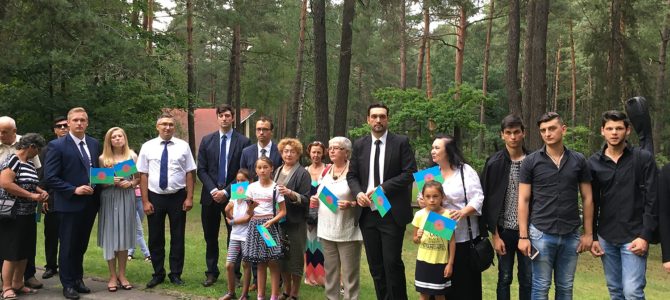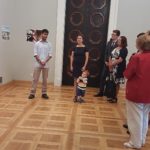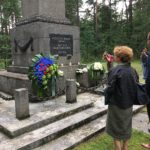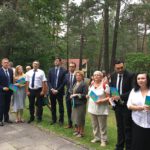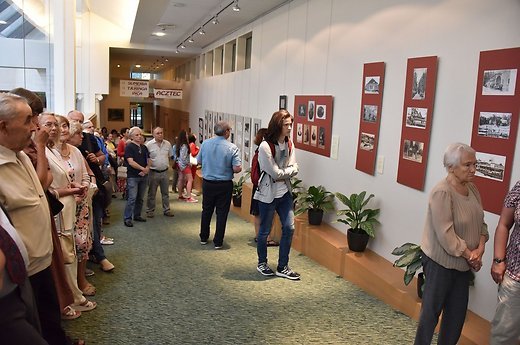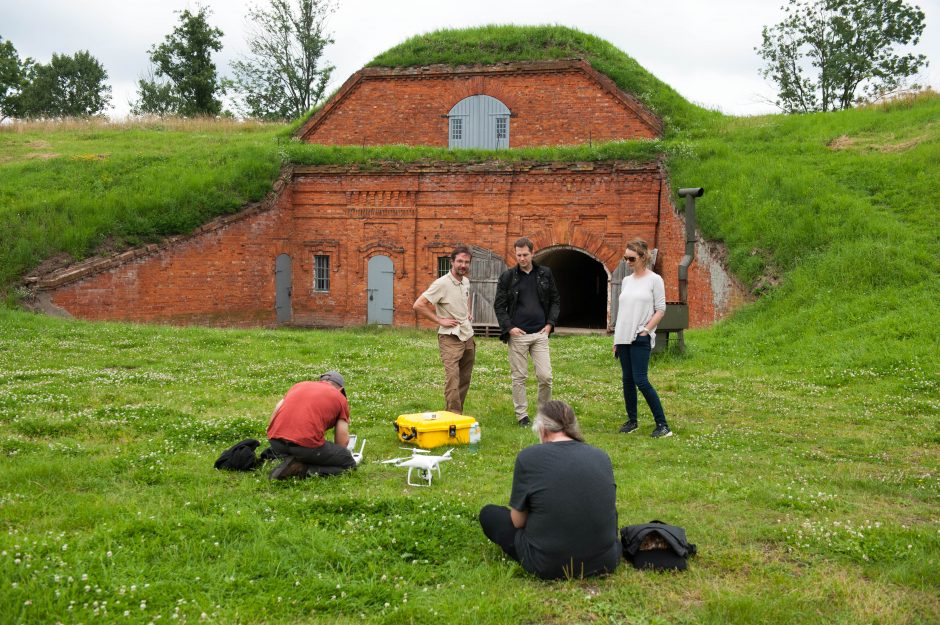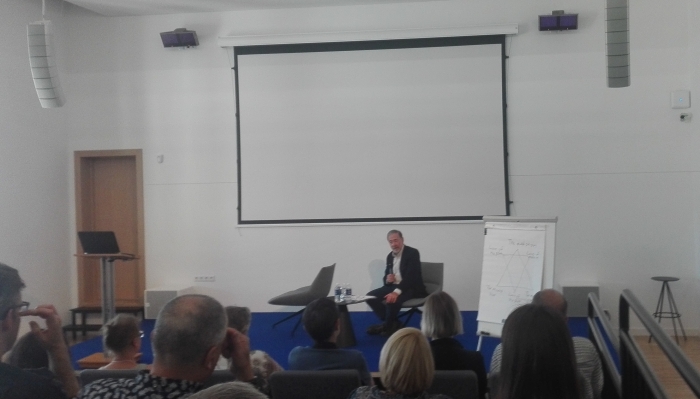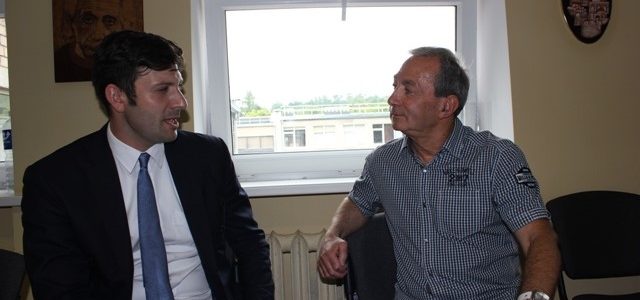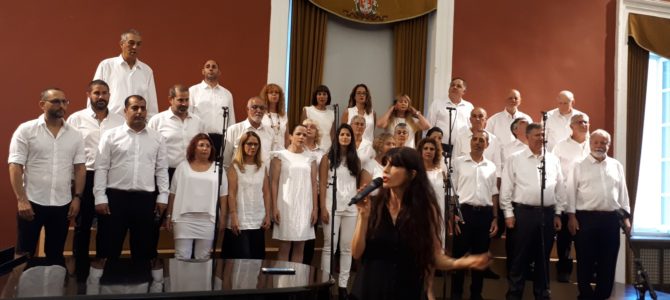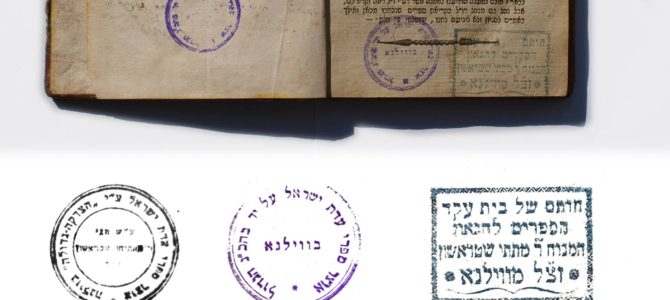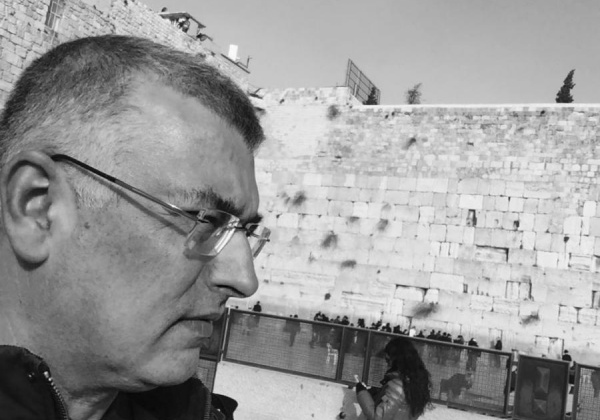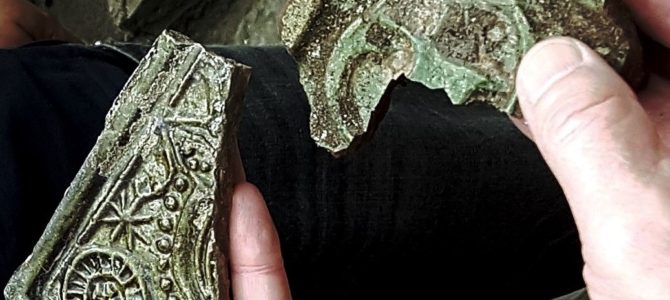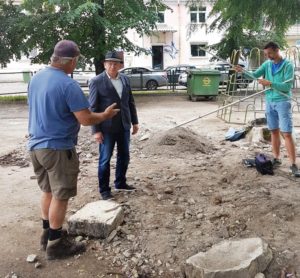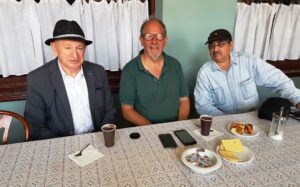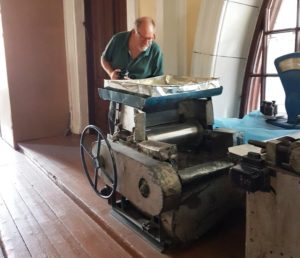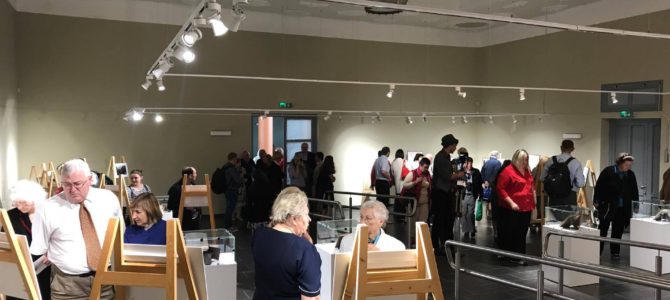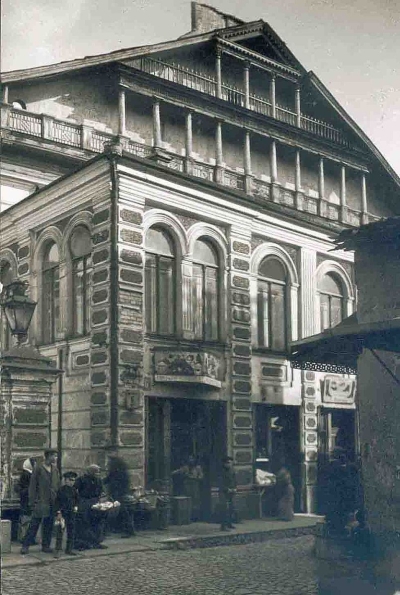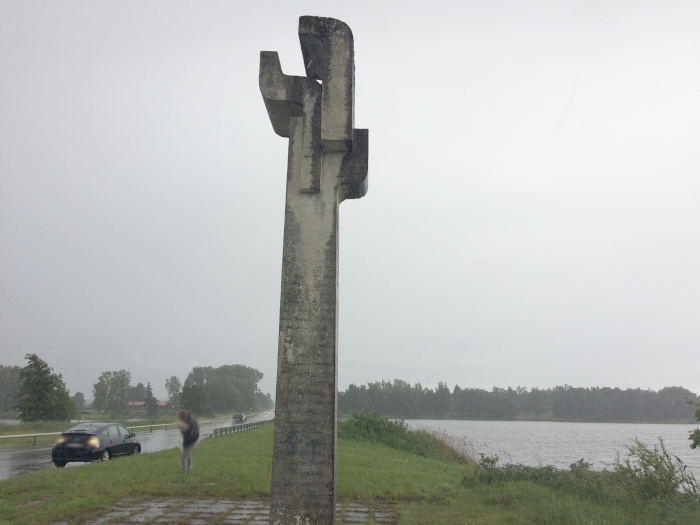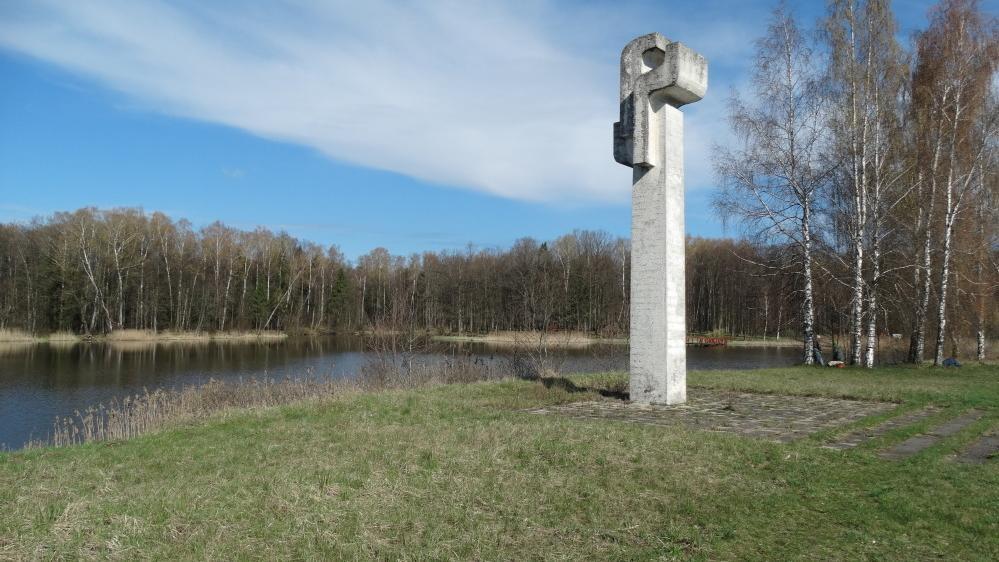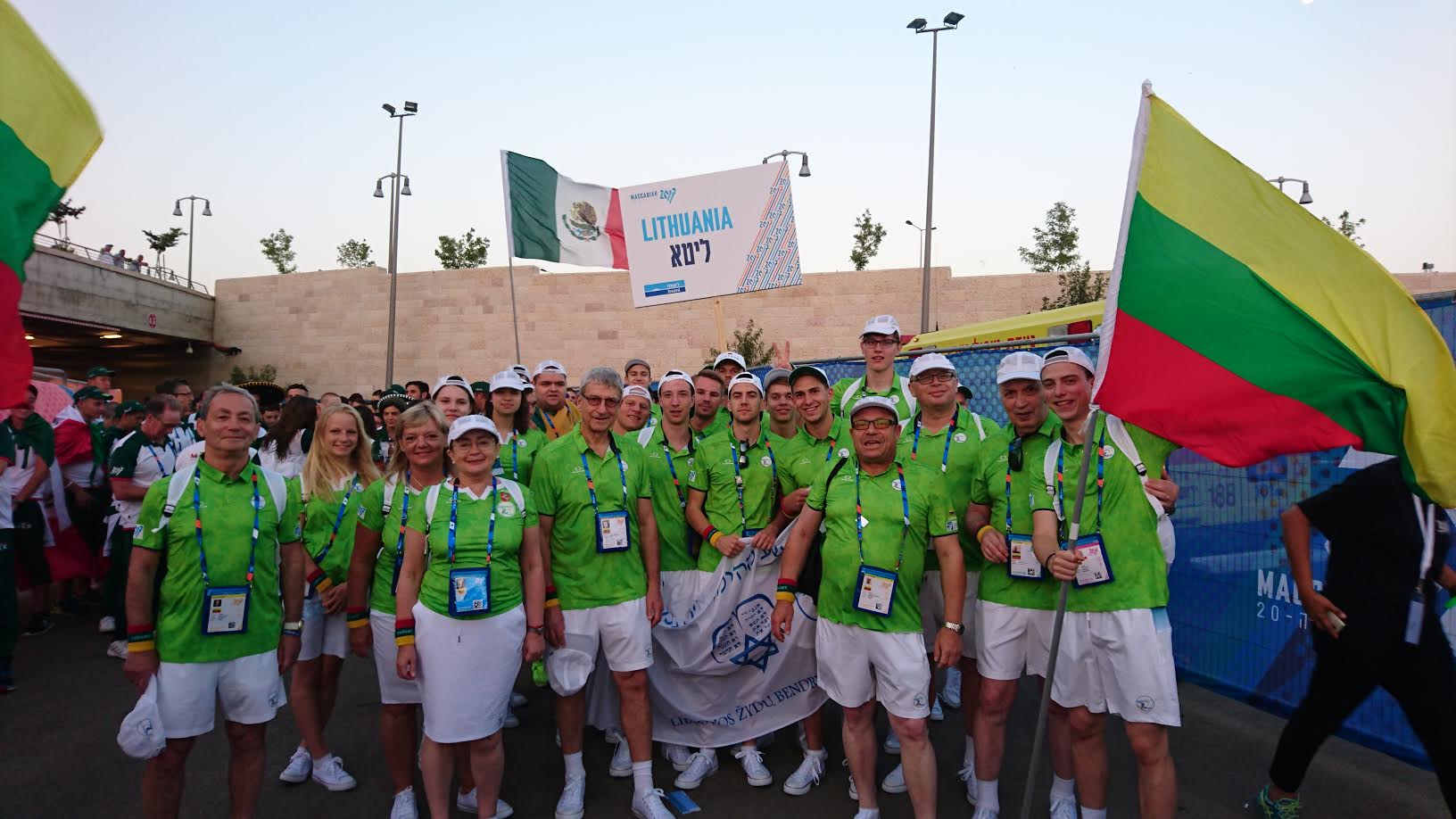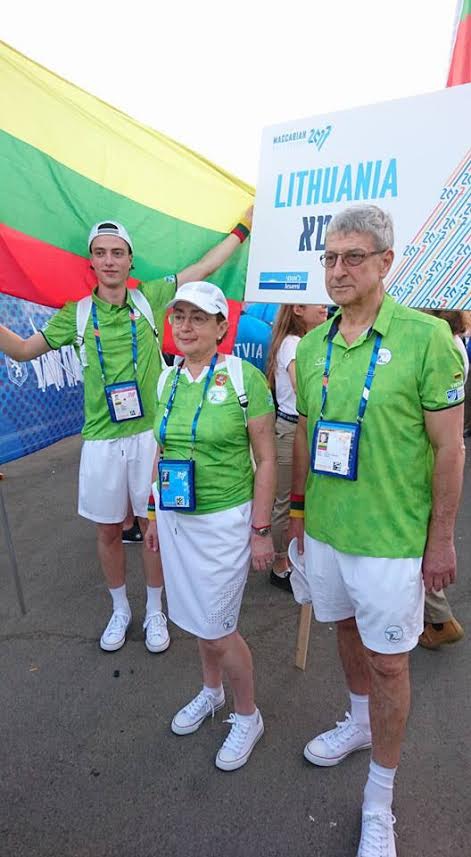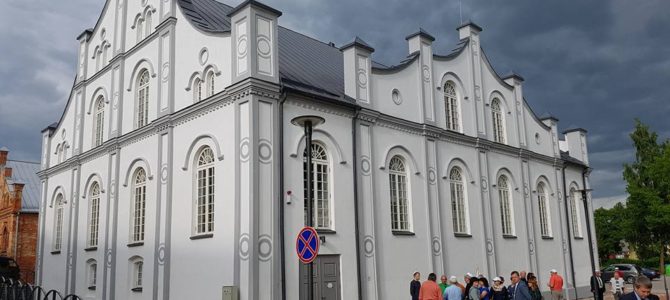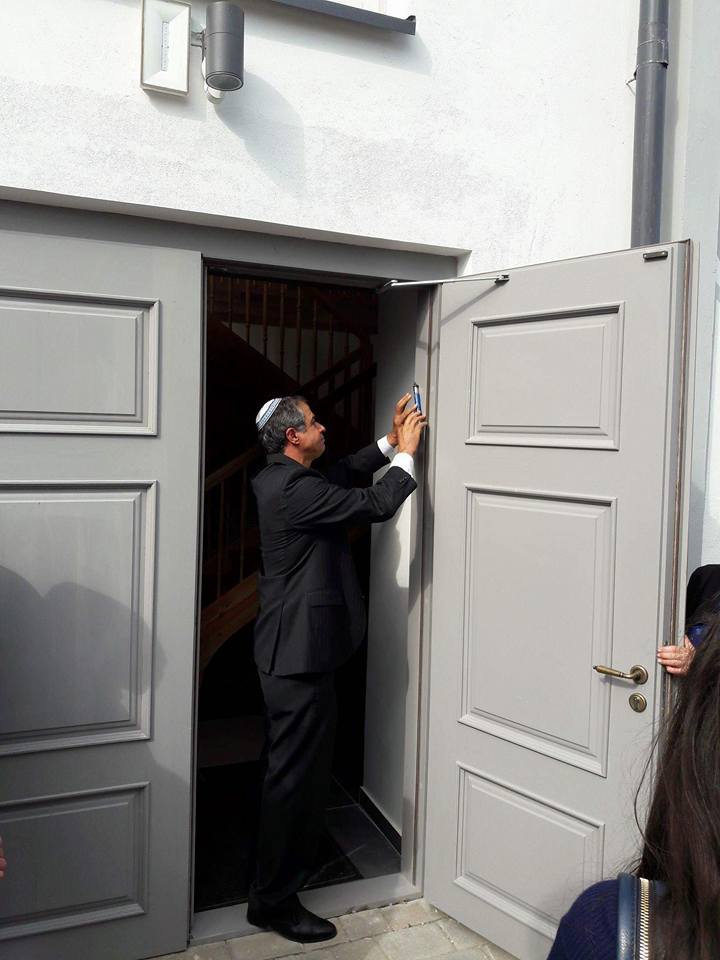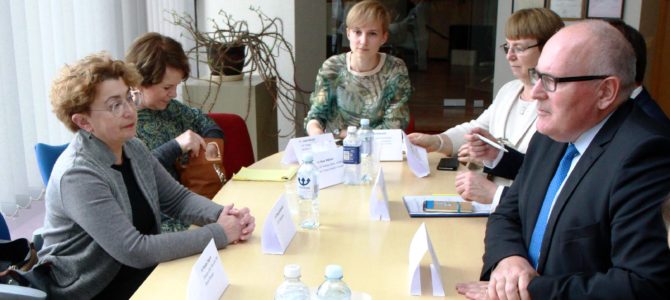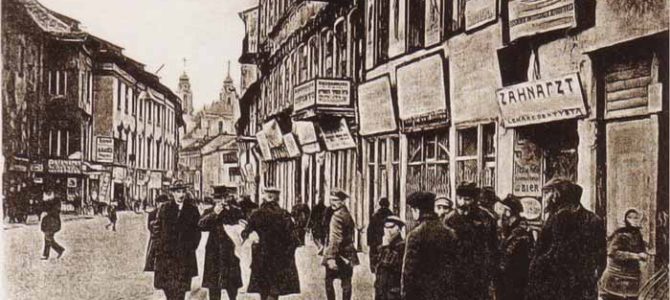
According to the Lithuanian Migration Department, Jews with Lithuanian roots are making active use of the opportunity to restore Lithuanian citizenship following amendment to the law on citizenship adopted in July of 2016 to streamline the process. Following the changes, the number of Litvaks restoring citizenship has grown dramatically. The amendment was adopted by the Lithuanian parliament and signed into law by president Dalia Grybauskaitė, and Lithuanian Jewish Community chairwoman Faina Kukliansky contributed much to the initiative and lobbied heavily for it. The legislation now safeguards the right of Jews who left Lithuania during the period between the two world wars–and their descendants–to restore Lithuanian citizenship.
Many Litvaks died in the Holocaust and others are now spread around the world. Many of them identify themselves with Lithuania, but no longer have Lithuanian citizenship. The issue is not just one of morality, it’s also a legal issue. When we are speaking of Jews who survived the Holocaust and the war, they weren’t deprived of their citizenship in the concentration camps. They were deported, isolated and murdered not as citizens of Lithuania, but as Jews. People were exiled to Siberia because they owned property, or were lawyers, fire-fighters or volunteer soldiers. So the well-founded question arises: when exactly did they lose citizenship?
LJC chairwoman Faina Kukliansky says: “The doctrine of the Lithuanian law on citizenship remains unclear to this day. State leaders and politicians associate citizenship with restitution. There is a wide-spread but incorrect belief that after granting citizenship or making that process easier, under some sort of reverse discrimination making it easier for Jews, there will be a flood of applications from people of other ethnicities for restoration of citizenship. The fact is often ignored that Polish citizens, arrivals from Poland, were never Lithuanian citizens, because they lived in a territory which at that time belonged to Poland, after Poland occupied Lithuania. Likewise, Germans from the German lands were never Lithuanian citizens because they lived in territories which were occupied by Germany.
“Speaking of restitution, we are talking about a very small portion of Lithuanian Jews who survived the war, who were deported violently and lost all their rights in Lithuania following the occupation. If we base our thinking on legality, then they were deprived of citizenship under the occupational regime and never got it back, or got it back after the deadlines for submitting property claims. This is equally urgent for Jews who left after 1990, they were included the newly drafted law on citizenship presented in parliament. Are they somehow opposed to the Lithuanian state because they live in Israel, which is neither a NATO nor an EU member? Is Israel really considered an enemy of the Lithuanian state?
“So I again ask, when were Jews deprived of certain rights and property by the laws and bylaws of the local or occupational government, and when did they lose Lithuanian citizenship? If they didn’t lose it, because the occupational regimes and the actions they carried out were illegal, then when should these people be issued documents testifying to their citizenship in Lithuania, and when should their illegally seized property be returned? The Lithuanian law on citizenship doesn’t address these issues.
“Reviewing the history of the first independent Republic of Lithuania and its sad fate, we find a lack of legal judgment regarding the occupational Soviet government, the Lithuanian Provisional Government, that of Nazi Germany, the second Soviet occupation and finally of the current independent Republic of Lithuania. So it remains who deprived Jews of citizenship, property and other civil rights, and when they did this, and whether these have been restored. I don’t deny there are a number of studies on this issue, but how do they affect the legal verdicts being issued now or those which will be issued in the future? I’d like to remind everyone we are not talking those who perished in the war, but about the Jewish citizens of Lithuania who were persecuted and murdered in the territory of the state of Lithuania.
“So far the state hasn’t been able to solve issues surrounding Jewish history and culture as well as legal status. Perhaps these matters need to solved serially, one after another: the problem of education, of Jewish history and issues around restoring rights violated. These matters are not for NGOs such as the LJC to solve, but for the state. The issues enumerated were solved long ago throughout Western Europe. They remain unsolved only in the former Soviet Union. We cannot forget Lithuania is in the lead among all former republics in the Soviet Union–the issue of restitution for Jewish communal property has been solved–but the cynical view of the individual’s civic, political and social rights as being of secondary importance remains more what it was in the USSR than anything else.
“I have heard rebuttals that Russia has also failed to make restitution with Lithuania, but this point of view and social attitude can hardly be expected to lead to further progress not just in restitution, but in a host of economic, social and other issues.
“The Lithuanian Jewish Community is concerned with all issues surrounding citizenship and restitution. This is a problem and a great injustice of urgency for Litvaks living abroad. The European Commission recently adopted a declaration again emphasizing remembrance and justice, which is what we seek and invite all Lithuanians to pursue with us.”
